What treatment
10+ Highly Rated Stem Cell Treatment for Neurological Diseases Clinics in India
Reach Out to These Certified Stem Cell Treatment for Neurological Diseases Clinics List in India Loved by Patients!
GIOSTAR Hospital Bengaluru
Overview
Discover GIOSTAR Hospital in Bengaluru, India—your go-to center for advanced stem cell therapies and cutting-edge procedures for orthopaedics. Explore treatments for diabetes, stroke, SCI, and more.
Read more details
Dr. Pravin Patels Innovative Hospital & Research Center
Overview
Dr. Pravin Patel's Innovative Hospital provides best stem cell treatment in Gujarat, India. Also offers Ozone therapy, Quantum therapy , EBOO therapy, Frequency & Laser Therapy at affordable cost.
Read more details
StemRx Hospital and Research Centre
Overview
At StemRx Hospital & Research Centre, We specialize in advanced Regenerative Medicine & Stem Cell therapy for Autism, Cerebral Palsy, Orthopedics, Migraine, AVN & IVF providing personalized care.
Read more details
Krishna Institute of Medical Sciences (KIMS), Bengaluru
Overview
Krishna Institute of Medical Sciences (KIMS) Bengaluru is recognized as the best hospital in India, offering advanced multispecialty care and expert doctors.
Read more detailsDiscover your treatment options with a free, no-obligation quote!
Get your quote now!ReeLabs Stem Cells in Mumbai, India
Overview
ReeLabs provides advanced Stem Cell Mumbai services, including stem cell banking and therapy for safe preservation and future medical use.
Read more detailsViecell Institute of Regenerative Medicine
Overview
Discover Viecell Institute in Surat, Gujarat, India, for cutting-edge stem cell therapy. Transforming health with advanced regenerative solutions.
Read more detailsAdvancells Stem Cell Therapy
Advancells, located in Noida, India, is a research oriented company focused on therapeutic applications of Regenerative Medicine. Thanks to Stem Cell Therapy the clinic manages to treat or improve the symptoms of many diseases such as Autism, Alzheimer's, Cerebral Palsy, Cardiovascular Diseases, Eye Disorders, Hair Loss, Multiple Sclerosis, Muscular Dystrophy and many more.
AutoStem Laboratories
AutoStem Laboratories provides top-rated stem cell therapy treatments in Chennai, India. They provide treatments for various health conditions such as Spinal Cord injury, Alzheimer's, Parkinsonism, ALS, Demyelination disorders, Peripheral Neuropathy, Myocardial Infarction, Liver Disorders, Diabetes, Arthritis, Infertility, Autoimmune and Inflammatory disorders.
Discover your treatment options with a free, no-obligation quote!
Get your quote now!ICAM Wellcare Clinic
ICAM Wellcare Clinic provides best Stem Cell in Bengaluru India. Book now Regenerative Therapy for Cancer, Weight Loss and Orthopedic at PlacidWay.
NeuroGen Brain and Spine Institute
NeuroGen brain and spine institute in Navi Mumbai India is an international center of excellence for neurological disorders which has been set up specifically to treat incurable neurological conditions by offering combination of stem cell therapy and neurorehabilitation. Set up on 17th December 2008 NeuroGen has treated over 6000 patients from over 60 countries till now. NeuroGen has published 79 scientific articles through their clinical research in National and International Medical Journals The institute was the first in the world to publish scientific article of use of stem cell therapy in Autism and Intellectual disability NeuroGen has published 16 books to create awareness for the incurable disorders. NeuroGen BSI has a state of the art operation theatre and GMP-GLP certified ste
Stem Cell Cure India
Stem Cell Cure India is the best medical center for the Stem Cell Treatment in New Delhi, India. You can get the best treatment for Autologous Stem Cells, Allogenic Stem Cells, and Umbilical Cord Blood at Stem Cell Cure India. Find and compare your treatment options here.
Stem Cell Joints India
Stem Cell Joints India is located in the city of Chennai and offers a complete range of stem cell and PRP (platelet rich plasma) procedures at affordable prices.
Stemreg-X Bio Intelligence and Therapeutics Pvt Ltd
StemRegX BioIntelligence & Therapeutics, located in Mumbai, India, is one of the most trusted and highlighted company in the country which has expertise in providing the best Stem Cell Services for all major degenerative diseases.
PlacidWay India Medical Tourism
For the best care, access the best. PlacidWay India Medical Tourism offers medical care options in foreign destinations, including world-class surgeons and physicians, state-of-the-art facilities and up-to-date technologies, treatments and procedures for individuals seeking health and wellness abroad.
Revita Lifesciences / HB Specialty Hospital & Research Institute
Stem Cell Therapy in Rudrapur, India by Revita Lifesciences offers proven, reliable treatment for patients seeking maximum improvement.
Which are the best clinics for Stem Cell Treatment for Neurological Diseases in India?
When seeking stem cell therapy for neurological conditions in India, discerning patients often look for clinics with established reputations, advanced facilities, and a patient-centric approach. The listed clinics have demonstrated strong commitment to quality care and patient satisfaction:
- GIOSTAR Hospital Bengaluru: Located in Bengaluru, this hospital is a frontrunner in stem cell therapies. They provide cutting-edge procedures for various neurological disorders, focusing on personalized treatment plans and rigorous protocols. Patients often choose GIOSTAR for its innovative research and high patient recommendation rates.
- Dr. Pravin Patel's Innovative Hospital & Research Center: Situated in Vadodara, this center offers a blend of conventional and advanced regenerative treatments. They are known for their comprehensive approach to neurological issues, often combining stem cell therapy with other modalities like ozone and quantum therapy to optimize patient recovery and well-being.
- StemRx Hospital and Research Centre: With locations in Mumbai and Navi Mumbai, StemRx excels in regenerative medicine. They offer specialized stem cell treatments for complex neurological conditions such as autism, cerebral palsy, and motor neuron disease. Their focus on individualized protocols and patient feedback makes them a trusted choice for many.
What factors should I consider when choosing a neurological stem cell clinic in India?
Choosing the right stem cell clinic is a critical decision for neurological patients. Here are the key factors to guide your choice:
- Accreditation and Regulatory Compliance: Verify that the clinic holds recognized accreditations and strictly follows India's ethical and regulatory guidelines for stem cell therapy. This ensures patient safety and adherence to scientific standards.
- Expertise in Neurological Disorders: The medical team should have extensive experience treating your specific neurological condition. Look for specialists in neurology, neurorehabilitation, and regenerative medicine.
- Advanced Infrastructure and Technology: A reputable clinic will have modern diagnostic tools, state-of-the-art laboratories for stem cell processing, and specialized equipment for precise administration of therapies.
- Comprehensive Care Model: Assess if the clinic offers a holistic approach including thorough pre-treatment evaluations, personalized treatment protocols, integrated rehabilitation, and structured post-treatment follow-up.
- Patient Support and Communication: Excellent clinics provide clear communication about treatment expectations, potential risks, and benefits. They should also offer robust support services for both local and international patients, including language assistance if needed.
What types of neurological conditions can be treated with stem cells in Indian clinics?
Stem cell therapy holds promise for various neurological conditions by leveraging the regenerative capabilities of stem cells. Indian clinics are actively involved in research and clinical applications for:
- Cerebral Palsy: Stem cells aim to repair damaged brain tissue and improve motor function and cognitive abilities.
- Autism Spectrum Disorder: While not a cure, stem cell therapy may help alleviate some symptoms by improving neural connectivity and reducing neuroinflammation.
- Spinal Cord Injury (SCI): Treatment focuses on regenerating nerve cells, reducing scar tissue, and improving sensory and motor functions post-injury.
- Multiple Sclerosis (MS): Stem cells can help modulate the immune system, reduce inflammation, and potentially repair myelin sheaths, slowing disease progression.
- Parkinson's Disease: Therapies aim to replace degenerated dopamine-producing neurons and support existing ones, potentially easing motor symptoms.
- Alzheimer's Disease: Research explores stem cells' role in reducing amyloid plaques, regenerating neurons, and improving cognitive function.
- Motor Neuron Disease (MND): Efforts are directed at protecting existing motor neurons and potentially regenerating new ones to slow muscle degeneration.
- Stroke Recovery: Stem cells can promote neuroplasticity, reduce brain damage, and aid in the recovery of neurological functions following a stroke.
How do clinics in India ensure safety and quality for stem cell neurological treatments?
Maintaining high standards of safety and quality is crucial in regenerative medicine. Indian clinics offering stem cell treatments for neurological diseases implement several measures:
- Regulatory Compliance: Clinics operate under the guidelines issued by the Indian Council of Medical Research (ICMR), which regulate stem cell research and therapy. This includes ethical clearances and adherence to specific protocols for clinical trials.
- GMP-Certified Laboratories: Stem cells are typically processed and expanded in Good Manufacturing Practice (GMP) certified laboratories. This ensures sterility, purity, and potency of the cells used in treatments.
- Rigorous Patient Screening: Each patient undergoes extensive diagnostic evaluations to determine eligibility and tailor the most appropriate treatment plan, minimizing risks and maximizing potential benefits.
- Experienced Medical Teams: Procedures are performed by highly qualified neurologists, neurosurgeons, and regenerative medicine specialists who have specific training and experience in stem cell administration and neurological care.
- Comprehensive Monitoring: Patients are closely monitored throughout the treatment process, including vital signs, neurological status, and any adverse reactions. Post-treatment, follow-up protocols track progress and identify any long-term effects.
- Ethical Review Boards: Many leading clinics have independent ethical committees that review treatment protocols to ensure they meet the highest moral and patient-welfare standards.
What is the typical patient journey at a stem cell neurological clinic in India?
The patient journey for stem cell neurological treatment in India is structured to provide comprehensive and personalized care:
-
Initial Consultation & Evaluation:
- Patients share their medical history, current symptoms, and previous treatments.
- Comprehensive neurological examinations, imaging (MRI, CT scans), and blood tests are conducted.
- A multidisciplinary team assesses the patient's condition to determine if stem cell therapy is a suitable option.
-
Personalized Treatment Plan:
- If eligible, a customized treatment protocol is developed, outlining the type of stem cells, dosage, and administration method.
- This plan often integrates stem cell therapy with other supportive treatments like physiotherapy, occupational therapy, and nutritional counseling.
-
Stem Cell Procurement & Processing:
- Stem cells are usually harvested from the patient's bone marrow or adipose tissue.
- These cells are then processed and expanded in a sterile, specialized laboratory to achieve the required quantity and quality.
-
Stem Cell Administration:
- The prepared stem cells are administered using methods like intravenous infusion, intrathecal injection (into the spinal fluid), or direct injection into the affected area of the brain or spinal cord.
- This is often done under imaging guidance for precision and safety.
-
Post-Treatment Care & Rehabilitation:
- Patients typically stay in the clinic for a period of observation and immediate post-treatment care.
- An intensive neurorehabilitation program begins, crucial for maximizing the functional benefits of the stem cell therapy.
-
Follow-up:
- Regular follow-up appointments are scheduled to monitor progress, assess improvements, and make any necessary adjustments to the ongoing rehabilitation plan.
- This may involve telemedicine consultations for international patients.
Are there specialized centers for specific neurological conditions using stem cells in India?
While many clinics offer general stem cell therapy for a range of neurological issues, some have developed particular expertise in certain areas:
- NeuroGen Brain and Spine Institute (Mumbai): This institute is a prime example of a specialized center, focusing exclusively on neurological disorders and combining stem cell therapy with neurorehabilitation for conditions like Cerebral Palsy, autism, and spinal cord injuries.
- Focus on Pediatric Neurological Disorders: Some clinics dedicate resources to conditions prevalent in children, such as Cerebral Palsy and Autism Spectrum Disorder, offering tailored therapies and rehabilitation programs.
- Degenerative Neurological Diseases: Other centers might specialize in adult-onset degenerative conditions like Parkinson's, Alzheimer's, or Motor Neuron Disease, developing advanced protocols to address the specific challenges these diseases present.
- Stroke and Traumatic Brain Injury: Certain clinics concentrate on stem cell interventions for recovery following stroke or traumatic brain injuries, emphasizing neuroplasticity and functional restoration.
Patients with specific diagnoses often find it beneficial to seek out clinics with demonstrated expertise in their particular condition, as this can lead to more targeted and potentially effective treatment strategies.
What kind of facilities and technology do leading stem cell clinics in India offer for neurological cases?
High-quality stem cell clinics in India invest significantly in infrastructure and technology to provide advanced care for neurological patients:
-
Advanced Imaging and Diagnostics:
- High-resolution MRI and CT scans for precise visualization of neurological damage.
- PET scans and functional MRI (fMRI) for assessing brain activity and metabolic changes.
- Electrophysiological studies (EEG, EMG) to evaluate nerve and muscle function.
-
Sterile Stem Cell Laboratories:
- GMP (Good Manufacturing Practice) and ISO-certified labs for sterile isolation, culture, and expansion of stem cells.
- Quality control measures to ensure cell viability, purity, and absence of contaminants.
-
State-of-the-Art Operating Theaters:
- Equipped for minimally invasive procedures for precise stem cell delivery (e.g., intrathecal or stereotactic injections).
- Advanced navigation systems to guide cell placement in the brain or spinal cord.
-
Comprehensive Neurorehabilitation Units:
- Dedicated therapy rooms with specialized equipment for physiotherapy, occupational therapy, and speech therapy.
- Robotics-assisted rehabilitation devices for gait training and upper limb recovery.
- Virtual reality systems for engaging and effective cognitive and motor rehabilitation.
-
Integrated Supportive Therapies:
- Facilities for hyperbaric oxygen therapy (HBOT) to enhance healing.
- Nutritional counseling, psychological support, and complementary alternative medicine (CAM) options.
How do Indian clinics handle international patients seeking neurological stem cell therapy?
Indian medical facilities are well-versed in catering to the needs of international patients. For those seeking neurological stem cell therapy, clinics generally provide a robust support system:
- Dedicated International Patient Departments: Many clinics have specialized departments with experienced coordinators who serve as a single point of contact for patients and their families.
-
Assistance with Travel Logistics:
- Visa Support: Providing necessary documentation and guidance for medical visa applications.
- Airport Transfers: Arranging pick-up and drop-off services to ensure comfortable arrival and departure.
- Accommodation: Helping with hotel bookings, guesthouses, or serviced apartments near the clinic, often offering discounted rates.
-
Communication and Language Support:
- Multilingual staff and professional interpreters are available to facilitate clear communication between patients, families, and medical teams.
- Ensuring all medical documents are accurately translated.
- Pre-Arrival Consultation: Many clinics offer online or telehealth consultations to discuss the patient's case, review medical records, and provide preliminary treatment plans before travel.
- Streamlined Appointment Scheduling: Coordinating all diagnostic tests, consultations with specialists, and treatment procedures efficiently to minimize waiting times.
- Post-Treatment Support: Providing follow-up care instructions, medical reports, and options for remote consultations post-return to their home country.
What pre-treatment evaluations are required by neurological stem cell clinics in India?
A thorough evaluation process is paramount to determine a patient's eligibility and to customize the most effective stem cell therapy plan. Clinics typically require:
- Detailed Medical History and Neurological Examination: A comprehensive review of the patient's past medical records, current symptoms, medication history, and a complete physical and neurological assessment.
-
Advanced Imaging Studies:
- MRI (Magnetic Resonance Imaging): Essential for visualizing brain and spinal cord structures, identifying lesions, atrophy, or other abnormalities.
- CT (Computed Tomography) Scans: May be used for additional structural details, especially concerning bone structures.
- PET (Positron Emission Tomography) Scans: Can assess metabolic activity in the brain, aiding in conditions like Alzheimer's or Parkinson's.
-
Electrophysiological Tests:
- EEG (Electroencephalogram): Measures brain electrical activity, useful for epilepsy or other conditions affecting brain function.
- EMG (Electromyography) and Nerve Conduction Studies: Evaluate the health of muscles and the nerves that control them, crucial for conditions like MND or peripheral neuropathies.
-
Comprehensive Blood Tests:
- Complete blood count, liver and kidney function tests, infection markers, and coagulation profiles.
- Specific tests related to immunological or inflammatory markers relevant to the neurological condition.
- Genetic Testing: For certain hereditary neurological disorders, genetic screening may be performed to understand the underlying cause and prognosis.
- Multidisciplinary Consultations: Patients meet with neurologists, neurosurgeons, rehabilitation specialists, and regenerative medicine experts to formulate a consensus on the best course of action.
What are the post-treatment care and follow-up protocols for stem cell therapy in Indian neurological clinics?
Effective post-treatment care and diligent follow-up are crucial for optimizing the long-term benefits of stem cell therapy for neurological conditions:
-
Intensive Rehabilitation Program:
- Physiotherapy: Tailored exercises to improve strength, mobility, balance, and coordination.
- Occupational Therapy: Activities designed to enhance daily living skills and independence.
- Speech and Language Therapy: For patients with communication or swallowing difficulties.
- Medication Management: Adjustment or continuation of existing medications to manage symptoms and support recovery, as advised by the neurological specialists.
- Lifestyle and Nutritional Guidance: Patients often receive recommendations on diet, exercise, and other lifestyle modifications to support overall health and neurological function.
-
Regular Clinical Assessments:
- Scheduled follow-up appointments (in-person or via telehealth) to monitor neurological status, symptom improvement, and any potential side effects.
- Repeated neurological examinations to objectively assess functional changes.
- Imaging and Laboratory Tests: Periodic MRI or CT scans and blood tests may be conducted to track the therapeutic effects and ensure patient well-being.
- Patient Support Groups and Education: Some clinics offer access to support groups or educational resources to help patients and their families navigate the recovery process.
- Long-Term Monitoring: Follow-up protocols can extend for several years, providing a comprehensive understanding of the therapy's lasting impact.
How can I assess the expertise of a stem cell clinic's medical team for neurological conditions in India?
Evaluating the medical team's expertise is crucial for neurological stem cell treatment. Here's how to assess it:
-
Doctor Credentials and Specializations:
- Look for board-certified neurologists, neurosurgeons, and physicians specializing in regenerative medicine.
- Verify their educational background, institutions attended, and any fellowships or advanced training.
- Experience with Specific Neurological Conditions: Inquire about their track record with patients presenting similar neurological disorders to yours. Quantity and quality of experience matter significantly.
- Publications and Research Involvement: Medical professionals actively involved in research and publishing in peer-reviewed journals demonstrate a commitment to advancing the field and staying current with scientific developments.
- Professional Affiliations and Memberships: Membership in national and international neurological or regenerative medicine societies indicates adherence to professional standards and ongoing education.
- Patient Testimonials and Outcomes: Review patient success stories and outcomes, paying attention to specific neurological improvements reported. While not guarantees, these can offer insights into the team's efficacy.
- Consultation Quality: During your consultation, assess how thoroughly the doctor explains the procedure, potential benefits, risks, and realistic expectations. A truly expert team will be transparent and patient-focused.
- Multidisciplinary Team Approach: A strong team often includes not just doctors, but also experienced nurses, physiotherapists, occupational therapists, and counselors who collaborate on patient care.
What patient support services do stem cell neurological clinics in India typically offer?
To ensure a smooth and supportive experience, especially for those traveling for treatment, Indian stem cell clinics offer a range of patient support services:
- Dedicated Patient Coordinator: A personal point of contact available to assist with all queries, from initial inquiry to post-treatment follow-up, ensuring continuity of care.
- Language Interpretation Services: Professional interpreters are provided to bridge communication gaps between international patients and the medical team, ensuring all information is clearly understood.
-
Travel and Visa Assistance:
- Guidance and documentation support for obtaining medical visas for patients and accompanying family members.
- Assistance with flight bookings and travel itineraries.
- Accommodation Arrangements: Help in finding suitable accommodation options near the clinic, ranging from hotels to serviced apartments, catering to different budgets and preferences.
- Local Transportation: Arranging airport transfers and local transport for clinic visits and other essential movements.
- Psychological and Emotional Support: Access to counselors or support groups for patients and families coping with the emotional challenges of neurological conditions and intensive treatments.
- Nutritional Counseling: Expert advice on dietary plans to support recovery and overall health, especially important for neurological well-being.
- Post-Treatment Follow-up Facilitation: Coordinating remote follow-up consultations and ensuring patients receive necessary reports and advice after returning home.
What advancements are Indian stem cell clinics making in neurological disease treatment?
Indian stem cell clinics are continually evolving, integrating cutting-edge research and technology into their neurological disease treatment approaches:
-
Exploring Diverse Stem Cell Sources:
- Beyond traditional autologous (patient's own) mesenchymal stem cells, clinics are researching the potential of induced pluripotent stem cells (iPSCs) for more targeted neural regeneration.
- Investigating embryonic stem cells and neural stem cells, where ethically permissible and regulated, for their broader differentiation capabilities.
-
Refining Delivery Methods:
- Developing more precise and minimally invasive techniques for delivering stem cells directly to affected brain or spinal cord regions, often guided by advanced imaging.
- Researching sustained-release delivery systems to prolong the therapeutic effect of transplanted cells.
-
Integration of Artificial Intelligence (AI):
- AI is being utilized to analyze patient data for better selection criteria, predicting treatment responsiveness, and personalizing protocols.
- Machine learning models help optimize rehabilitation strategies based on individual patient progress.
- Advanced Neurorehabilitation Robotics: Incorporating robotics and virtual reality into rehabilitation programs to create more engaging and effective therapeutic environments, accelerating functional recovery.
- Combination Therapies: Pioneering the use of stem cells in conjunction with other regenerative agents, growth factors, or gene therapies to enhance neural repair and function.
- Personalized Medicine Approach: Tailoring treatments based on an individual's genetic profile, disease subtype, and unique physiological responses to therapy.
What regulatory oversight exists for stem cell treatments for neurological diseases in India?
Regulatory oversight in India for stem cell treatments, especially for neurological diseases, is a dynamic and evolving landscape designed to balance innovation with patient safety.
-
Indian Council of Medical Research (ICMR) Guidelines:
- The ICMR, in collaboration with the Department of Biotechnology (DBT), has issued comprehensive guidelines for stem cell research and therapy.
- These guidelines categorize different types of stem cell interventions (e.g., homologous, autologous, minimal manipulation) and specify the regulatory pathway for each.
-
Classification of Stem Cell Products:
- Minimal Manipulation: Stem cells that are minimally processed and used for homologous purposes are generally treated as a medical procedure.
- More Than Minimal Manipulation / Non-Homologous Use: Products that undergo extensive manipulation or are used for purposes other than their original physiological function are classified as "New Drugs" and fall under the purview of the Drugs and Cosmetics Act, requiring approval from the Central Drugs Standard Control Organization (CDSCO).
- Ethical Committee Approval: All clinical research and therapeutic applications of stem cells must receive approval from an Institutional Ethics Committee (IEC). This committee reviews protocols for scientific merit, ethical considerations, and patient informed consent.
- Clinical Trials Mandate: For novel or unproven stem cell therapies, rigorous clinical trials are mandatory to establish safety and efficacy before they can be offered as standard treatment.
- Facility Accreditation: Clinics undertaking stem cell procedures are expected to meet stringent standards for infrastructure, laboratory practices, and medical personnel qualifications.
- Patient Protection: The regulatory framework emphasizes informed consent, patient confidentiality, and adverse event reporting to ensure patient safety and rights are upheld.
How PlacidWay helps individuals access Stem Cell Treatment for Neurological Diseases in India?
PlacidWay is your trusted partner in navigating the complex world of Stem Cell Treatment for Neurological Diseases in India. We provide detailed, up-to-date information about these procedures, including their benefits, potential risks, and expected outcomes, empowering you with knowledge. Our platform allows you to effortlessly compare various clinics in India, ensuring you find affordable options without compromising on the high quality of care. We meticulously assist you in identifying trusted, accredited clinics and medical professionals who specialize in Stem Cell Treatment for Neurological Diseases in India, ensuring expert care.
We offer one-on-one consultations, allowing our expert team to understand your specific needs and preferences. This personalized approach helps you make truly informed decisions about your treatment plan, guaranteeing that your individual requirements are met. Our commitment extends beyond the treatment itself; PlacidWay ensures continued support after the procedure, including facilitating follow-up care and providing recovery assistance. We're here to guide you every step of the way, making your health journey as smooth and successful as possible.
Ready to get Stem Cell Treatment for Neurological Diseases in India? Contact us today for a personalized consultation.











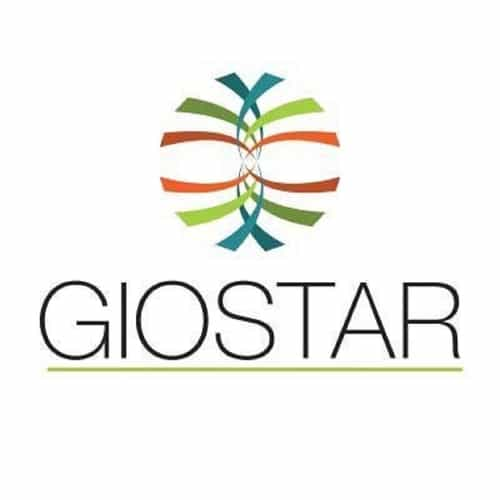
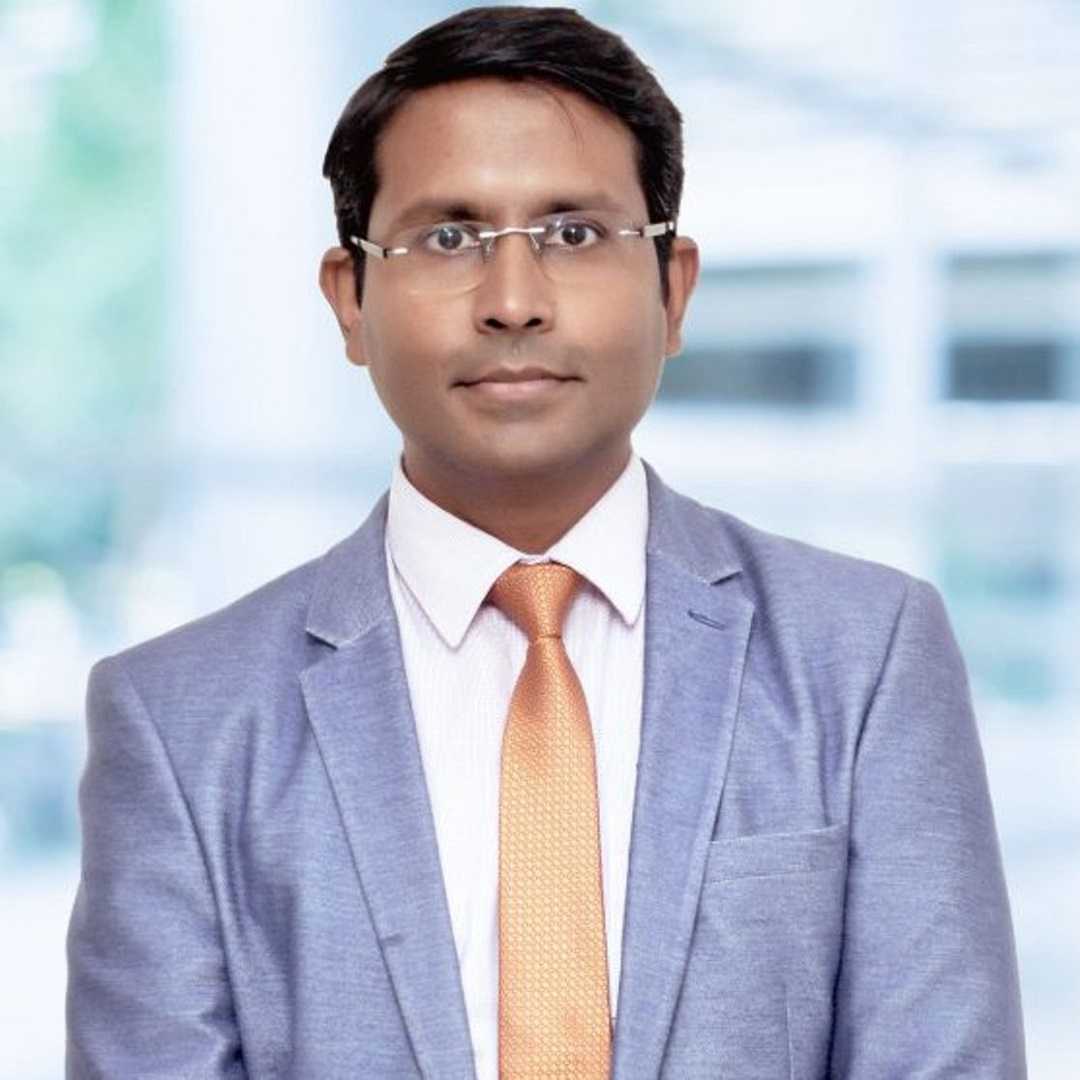
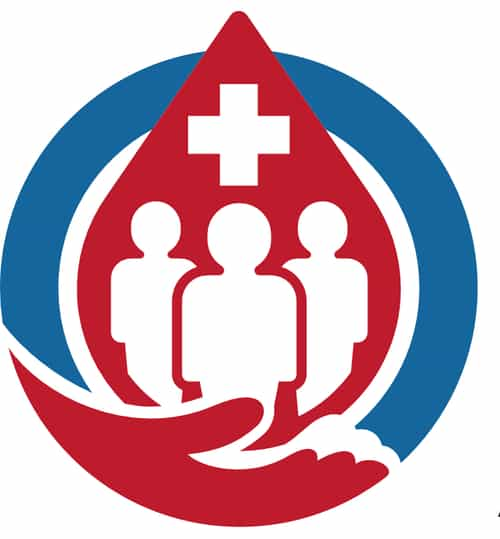

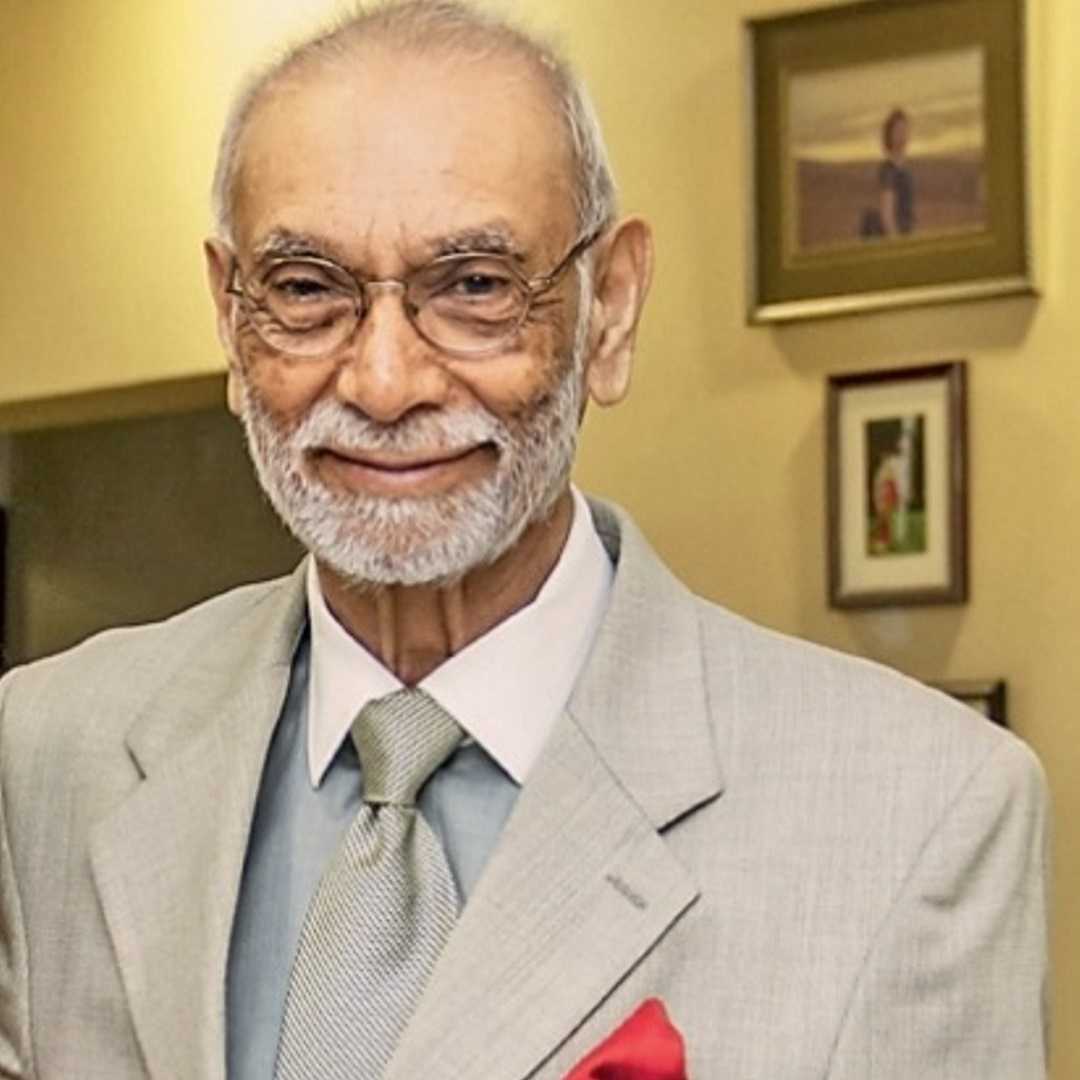
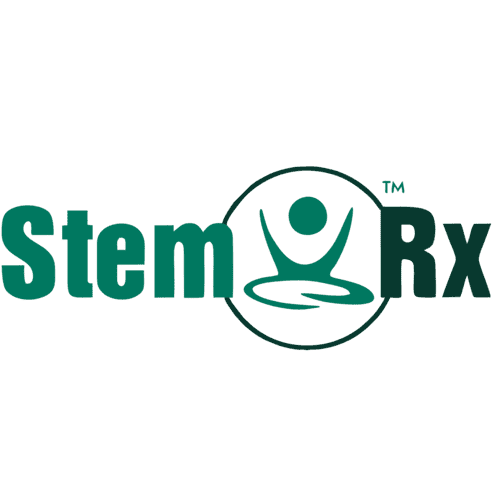
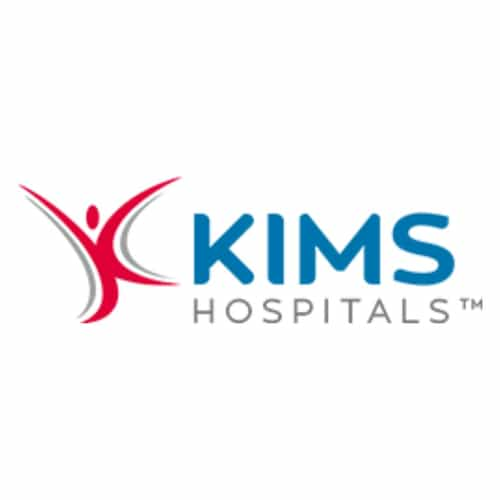
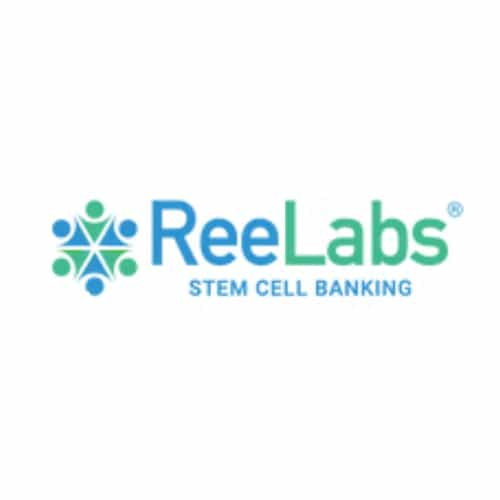
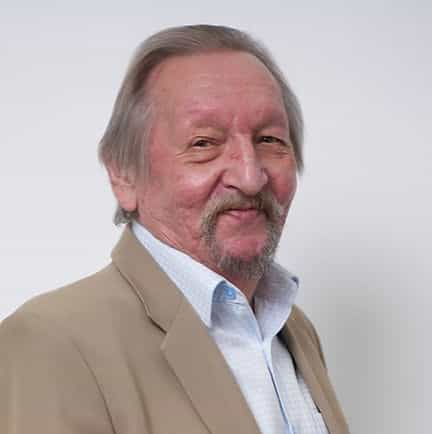
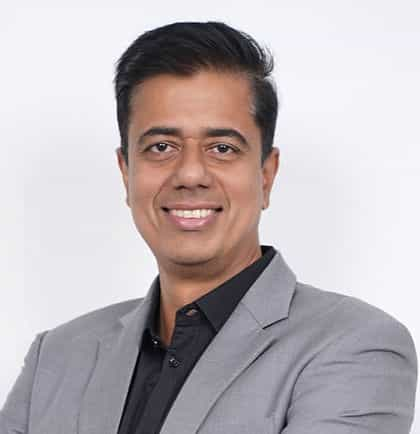
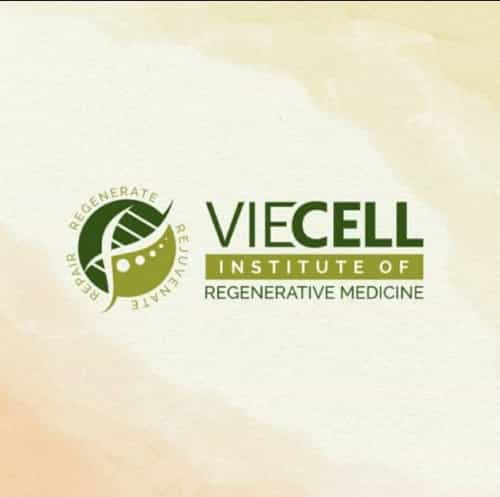







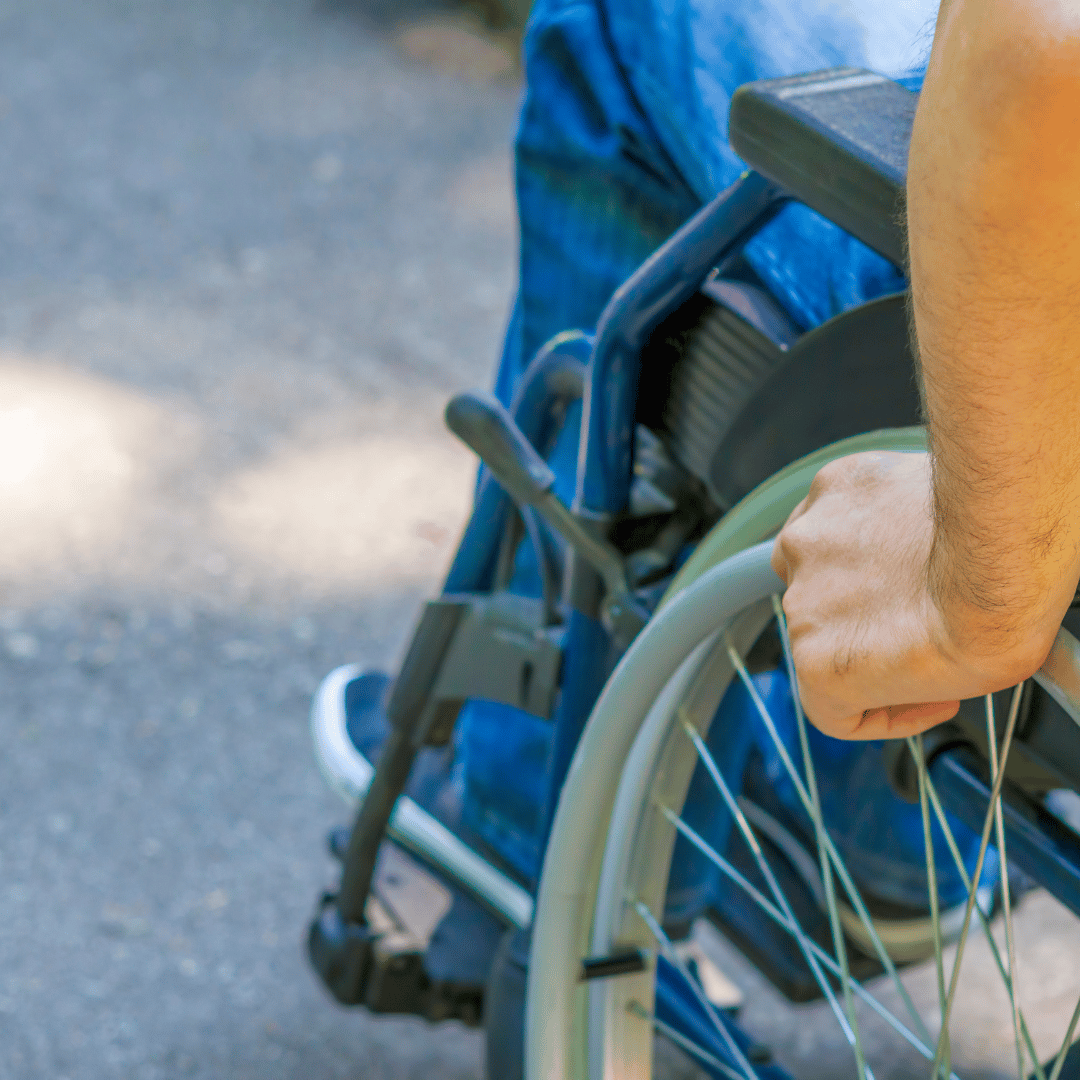
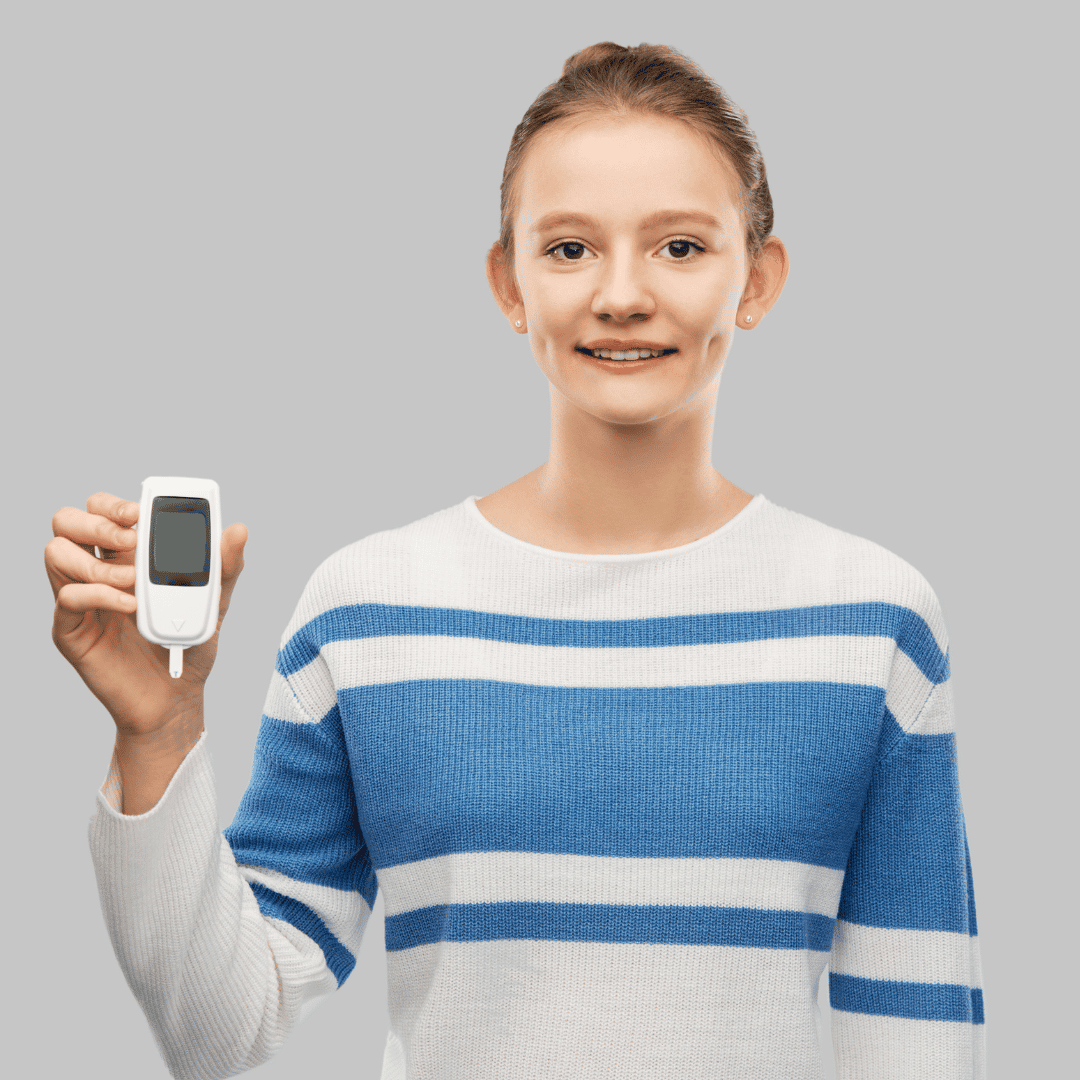
.png)

Doctor was very clear
Read More